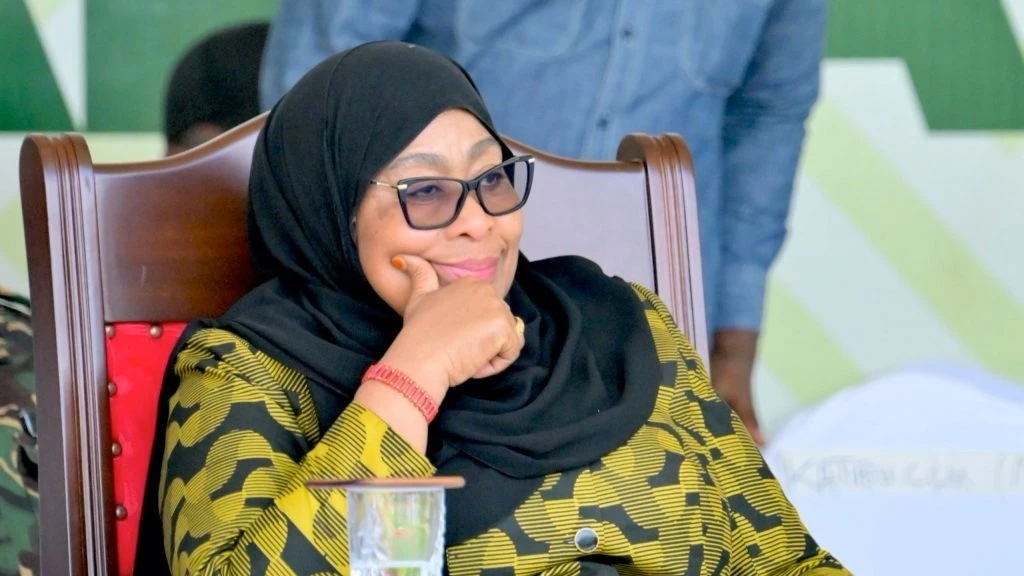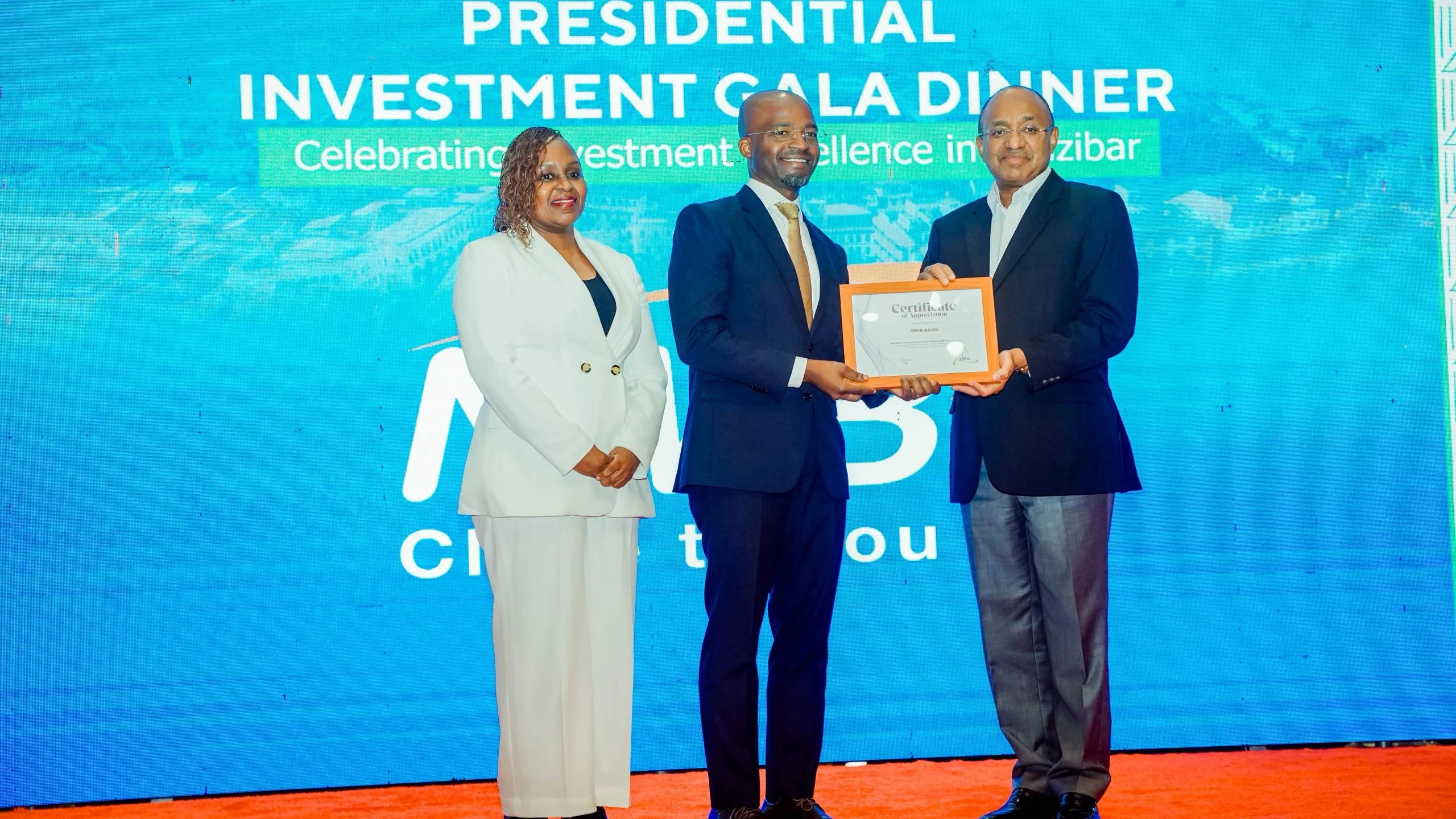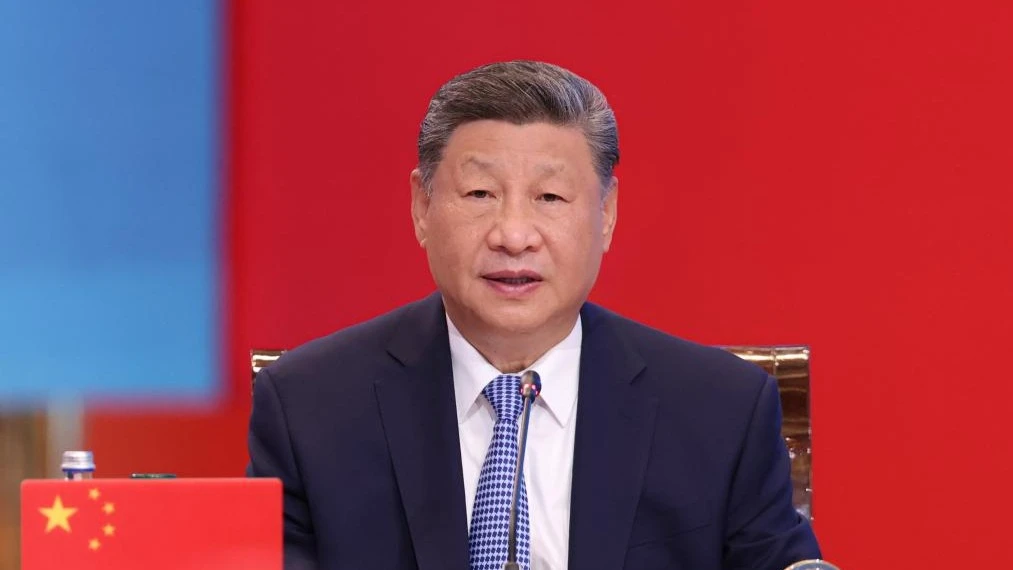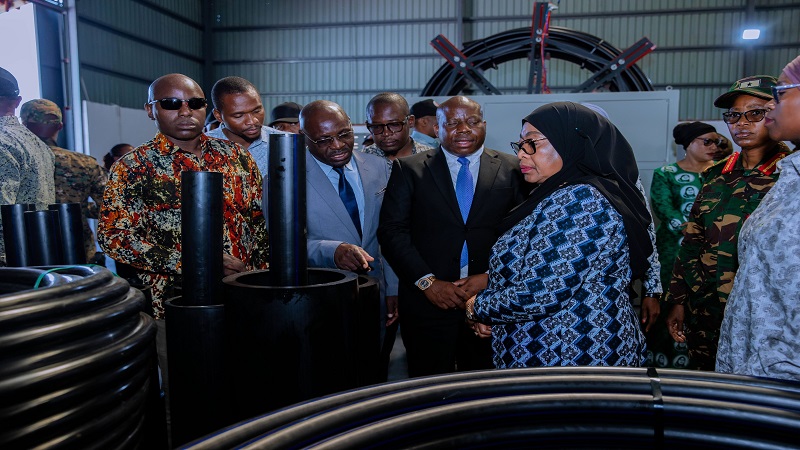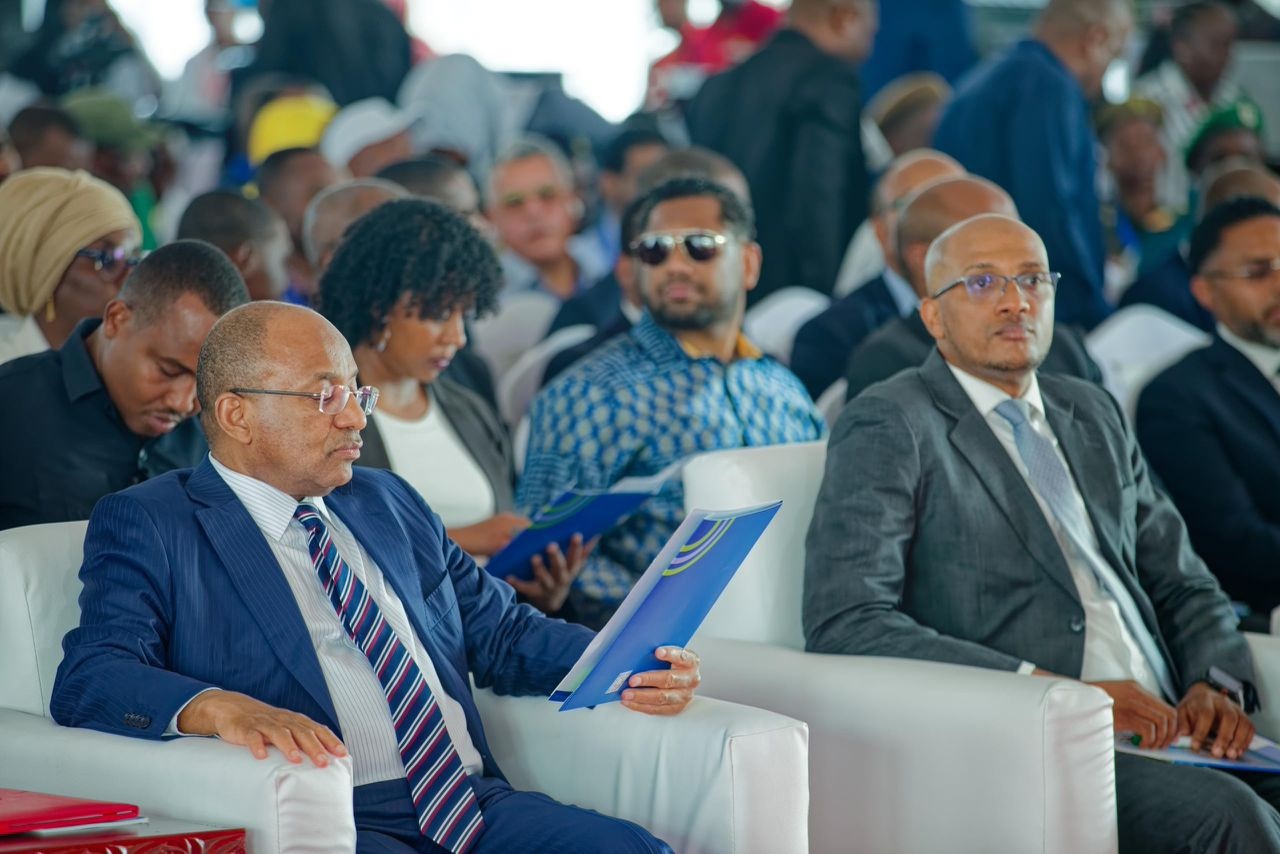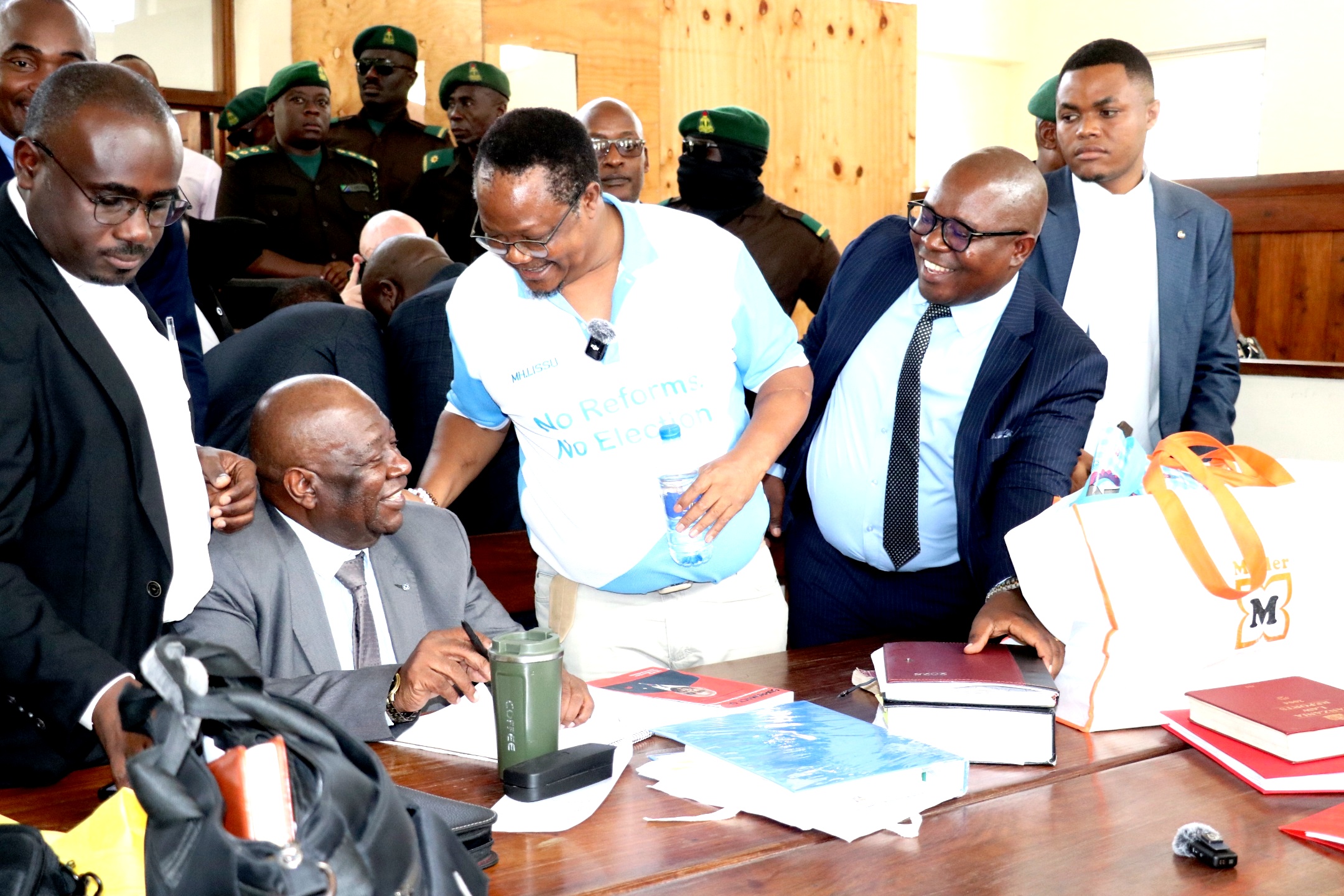CAG Report reveals billions lost amidst weak oversight, urging reform , accountability
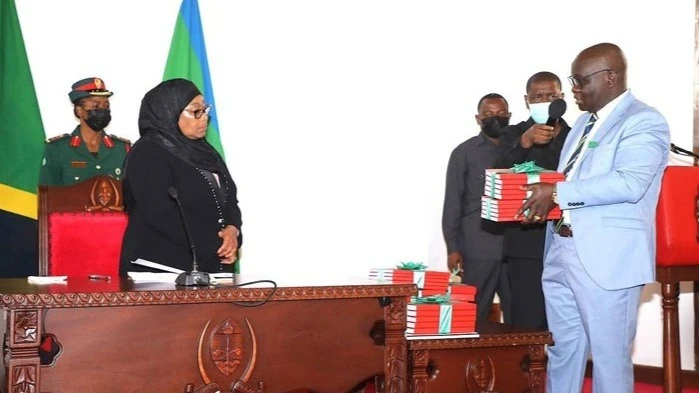
At the State House in Dar es Salaam on 27 March 2025, Controller and Auditor General (CAG) Charles Kichere laid bare yet another annual report, revealing that audits conducted across 12 of the 217 parastatals uncovered inefficient expenditures totalling Sh. 371.42 billion.
It was the kind of staggering financial mismanagement that should have ignited national outrage. Yet, the response was muted—almost indifferent. Tanzanians have grown weary of these stories, fatigued by the cycle of exposés with little to no accountability.
Speaking recently on a local television station, the Executive Director of the Tanzania Network for Debt and Development (TCDD), Hebron Mwakagenda, did not hold back. "How much longer must we watch the same tragic script play out? These parastatals are bleeding money year after year. Enough is enough—hand them over to private hands before the damage becomes irreversible," he declared. The frustration in his voice was unmistakable.
CEOs come and go, often with hefty benefits, but the losses remain, feeding into a national debt that continues to swell. The debt now stands at Sh. 97.35 trillion, an 18.36 per cent increase from the previous financial year, a reminder that despite growth narratives, the economy remains shackled by inefficiencies.
The losses of Air Tanzania Company Limited (ATCL) paint a telling picture. The airline’s deficit soared from Sh. 56.6 billion to Sh. 91.8 billion due to aircraft maintenance costs and the prolonged grounding of Airbus planes awaiting engine repairs.
The Tanzania Railway Corporation (TRC) fared no better, its losses ballooning from Sh. 102 billion to Sh. 224 billion. Heavy rains crippled operations, but the core issue remained—a chronic lack of locomotives and railcars, an indictment of poor planning and resource allocation.
In stark contrast, the National Health Insurance Fund (NHIF) clawed back from financial peril, recording a profit of Sh. 75.51 billion after two years of devastating losses. But even here, inefficiencies lurked, with rejected hospital claims—including those from Muhimbili National Hospital—reaching Sh. 11 billion.
Other entities, such as the Tanzania Petroleum Development Corporation (TPDC), National Housing Corporation (NHC), and Tanzania Ports Authority (TPA), reported solid profits, demonstrating that financial discipline is not an impossible feat.
Yet, the bigger issue remains: what happens to those responsible for mismanagement? Year after year, the CAG report exposes the rot, but where are the repercussions? This is not just an accounting problem; it is a crisis of governance. The former Kenyan anti-corruption boss, Prof. PLO Lumumba, once said, "Corruption in Africa is a way of life, and those in power have perfected the art of theft with official titles." His words resonate deeply in Tanzania, where mismanagement is met with shrugs rather than handcuffs.
Former CAG Prof. Mussa Assad, who was himself vilified for speaking too candidly about government waste, once warned, "The biggest enemy of progress is not the lack of resources, but the plundering of what is available." It is an apt description of a system where funds meant for public welfare are diverted with impunity.
This year alone, the CAG identified unauthorised payments amounting to Sh. 6.65 billion—salaries to suspended employees, inflated contract payments, and allowances dished out without approvals. These are not oversights; they are deliberate acts of misuse.
The bureaucracy that enables these financial leakages is another behemoth that resists reform. Vincent Bruno Minja, President of the Tanzania Chamber of Commerce, speaks candidly about this: "Our government systems are entangled in layers of red tape, an archaic excuse for accountability that, in reality, facilitates fraud. By the time decisions are made, funds have already been siphoned."
For years, international institutions have echoed calls for tighter controls. The 2022 Transparency International report highlighted that corruption in public financial management is one of the biggest barriers to economic development in Africa.
The World Bank’s Governance and Anticorruption (GAC) Program has diagnostic tools aimed at identifying vulnerabilities in government institutions, but tools mean nothing without enforcement. Anti-corruption measures are only effective if there is political will to act on them.
This is where the problem lies. The Prevention and Combating of Corruption Bureau (PCCB) and the CAG’s office often appear toothless, reduced to generating reports rather than enforcing accountability.
Their role seems to be to appease international donors rather than genuinely cleanse the system. The truth is, those who perpetuate financial malpractice are often too close to the halls of power to face real consequences. That is the tragedy of Tanzania’s public finance system.
President Samia Suluhu Hassan, upon receiving the CAG report, was quick to assure that her government is ensuring public funds are well managed. "The audit gives us an overview of government efforts to strengthen public institutions. Measures are being taken to enhance financial discipline," she stated. But the question remains—what measures?
The reality is that the CAG’s findings, while thorough, often become little more than annual rituals. The government acknowledges the numbers, promises reforms, but by the time the next report comes out, the cycle repeats.
The international community might be satisfied with the optics of transparency, but for ordinary Tanzanians, these reports change nothing. The country remains locked in a system where accountability is an illusion, where corruption is not just a crime but a political tool used to maintain power structures.
In Mwanza, a city bustling with traders and fishermen, frustration runs deep. Abdul Msuka, a bodaboda rider in Nyamagana, shakes his head as he listens to the news. "Every year, we hear about billions lost, but where does the money go? Look at our roads, look at our hospitals. Nothing changes for us," he laments.
His sentiment is echoed by Mama Fatuma, a food vendor near Pasiansi. "They talk about strengthening institutions, but what about us, the common people? Why is it that only the small thieves get punished while the big ones continue to steal?" she asks, flipping chapatis on a sizzling pan.
In Shinyanga, where mining and agriculture fuel the local economy, the disillusionment is just as deep. Josephat Makoye, a miner in Kahama, is blunt. "The CAG can count the money all he wants, but will it ever come back? Will my taxes ever build a proper school for my children? This report is for the newspapers, not for us." His friend, Samson Masele, nods in agreement. "They say Air Tanzania lost billions—who is paying for that? Not the politicians, not the CEOs. It’s us, the ordinary people."
In the dusty markets of Bariadi, traders have little faith in promises of reform. "We are on our own," says Riziki Masalu, a shopkeeper. "They will write their reports, hold their meetings, but the suffering continues. We just keep working, hoping for a better day. But hope does not fix the roads, hope does not buy medicine. Money does, and our money is gone."
Across these regions, there is no shock, no outrage—only tired resignation. The people have heard it all before. They are not waiting for accountability anymore; they are simply trying to survive.
As the financial losses pile up, so does public cynicism. It is not that people do not care—it is that they no longer believe anything will change. Until those implicated in mismanagement face real consequences, until corruption is met with more than just stern speeches, these reports will remain nothing more than a mirror reflecting a broken system. And Tanzania will continue to pay the price.
Top Headlines
© 2025 IPPMEDIA.COM. ALL RIGHTS RESERVED












